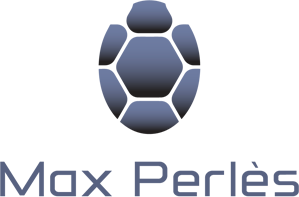As an eco-responsible company, we are firmly committed to working with four main approaches :
Environmental Approach, Quality Approach, Health & Safety Approach, Societal Approach.
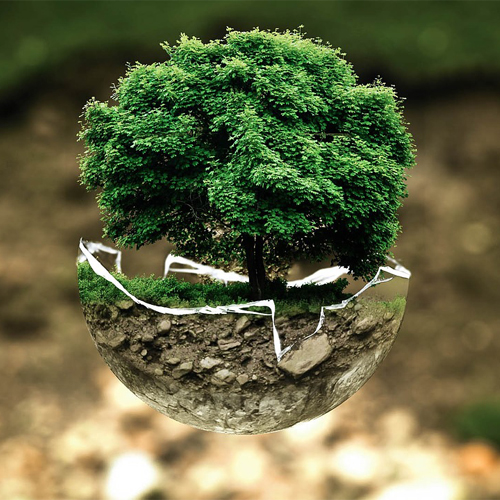

Environmental approach
Life cycle assessment is a global and multi-criteria assessment tool for the environmental impacts related to the sale of our coatings on the world market.
We are working on the 6 phases of the life-cycle of our coatings: purchasing of our raw materials, eco-formulation of our coatings, production, transport, on-site application of our coatings and sorting/recycling of our waste products.
Purchasing our raw materials
- Preferential selection of European raw materials;
- Selection of eco-committed suppliers offering bio-based or recycled raw materials;
- Use of recyclable packaging and reduction of our soiled packaging;
- Leak-proof storage of our raw materials.
Eco-formulation of our coatings
- High-tech products for optimum efficiency;
- Optimized use of bio-based and recycled raw materials in our formulas;
- Formulation of coatings containing no volatile solvent;
- Regulatory monitoring to limit the use of Dangerous Chemical Agents.
Production process
- Continuous improvement of the energy cost / production ratio;
- Reduction of the water consumption of our industrial processes;
- Leak-proof storage of our semi-finished and finished products;
- Presence of a disconnector to avoid the risk of pollution of the distribution network;
- Monitoring of our gas emissions by a suction network controlled annually by an external laboratory;
- Annual measurement of the quality of the factory’s rainwater and groundwater by an external laboratory.
Transport
- Optimization of our transport-related air pollution by using a single transit platform that groups together our shipments;
- Safe transport in compliance with the Goods Transport regulations (documentation and signage);
- Annual audit by a Dangerous Goods (ADR) safety advisor.
Application of our coatings
Our solutions are applied by companies whose personnel has been trained by MAX PERLÈS. They contribute to:
- The reduction of Non Revenue Water (NRW) by eliminating the leaks from potable water reservoirs, tanks and treatment plants : AQUAPERL® range;
- The reduction of groundwater pollution due to infiltration of wastewater, hydrocarbons and other liquid industrial effluents : BIOPERL®, TECHNOPERL®, PETROPERL® ranges;
- The reduction of emissions into the atmosphere of industrial gases : TECHNOPERL® and GAZOPERL® ranges;
- Our participation in the safety of nuclear and thermal power plants: ELECTROPERL® range.
Managing our waste
- Sorting and recovery of our recoverable industrial waste (stretch films, paper / cardboard, label backbones, metal, D3E, pallets);
- Membership of ECO-DDS: declaration and regulation of our eco-contribution to the collection, sorting and treatment of waste related to the activity of our customers;
- Recycling of unused semi-finished products in mainstream production (subject to laboratory control);
- Recovery of soiled packaging.
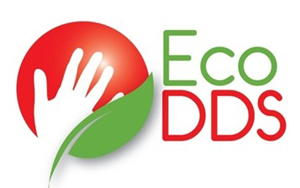
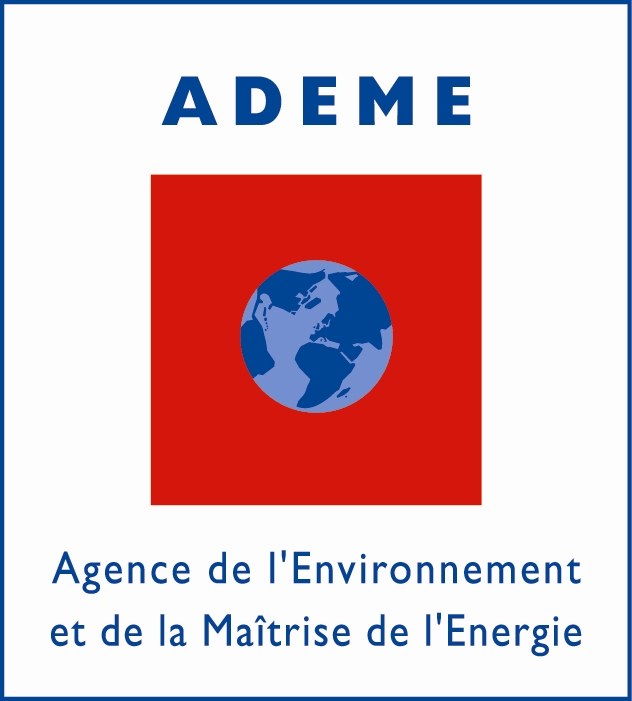

Quality Approach
As a guarantee of reliability and quality, we regularly invest in our R&D and production tools, as well as in our human resources, to offer high-performance coatings, tested and certified by independant laboratories and organizations.
R&D and production
- Technological watch and investment in new mechanical and chemical characterization tools;
- Operational control of the production and quality of our products;
- Durability and sustainability of our coating systems;
- “Made in France” design, formulation and production;
- Continuous improvement of customer training, support and on-site services;
- Flexible production capacity.
Human resources
- Commitment and flexibility of our employees;
- Responsiveness and proactiveness of our technico-commercial team;
- On-site training and technical support by our Technical Assistance Service;
- Dedicated Quality, Security, Environment ( QSE) department.
Certifications
- ISO9001 certification since 1996;
- CE-marking certification since 2017.
Objectives
- Implementation of an integrated management system with ISO 9001 and ISO 14001;
- In the process of obtaining ISO 19943 certification (nuclear safety standard);
- Preparing for ISO 26000 CSR standard.
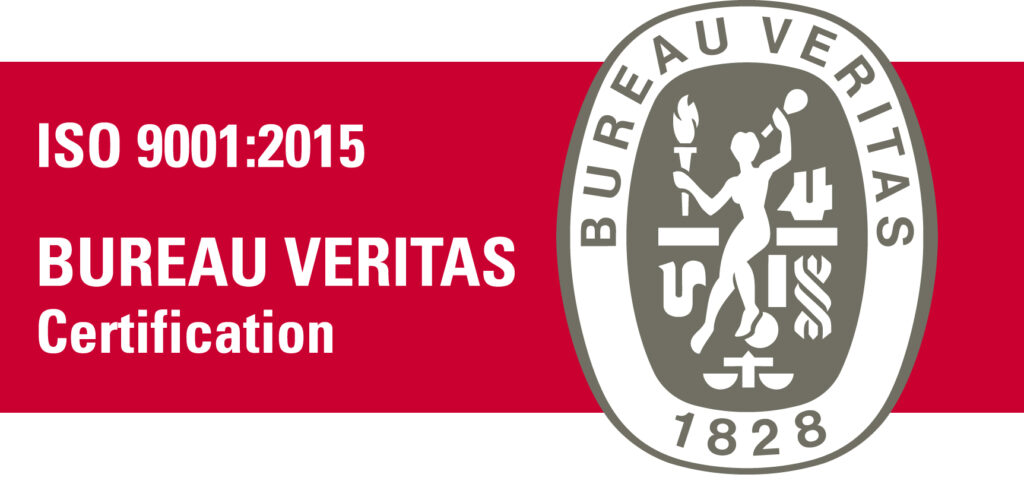
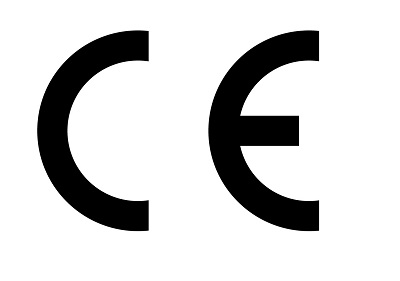
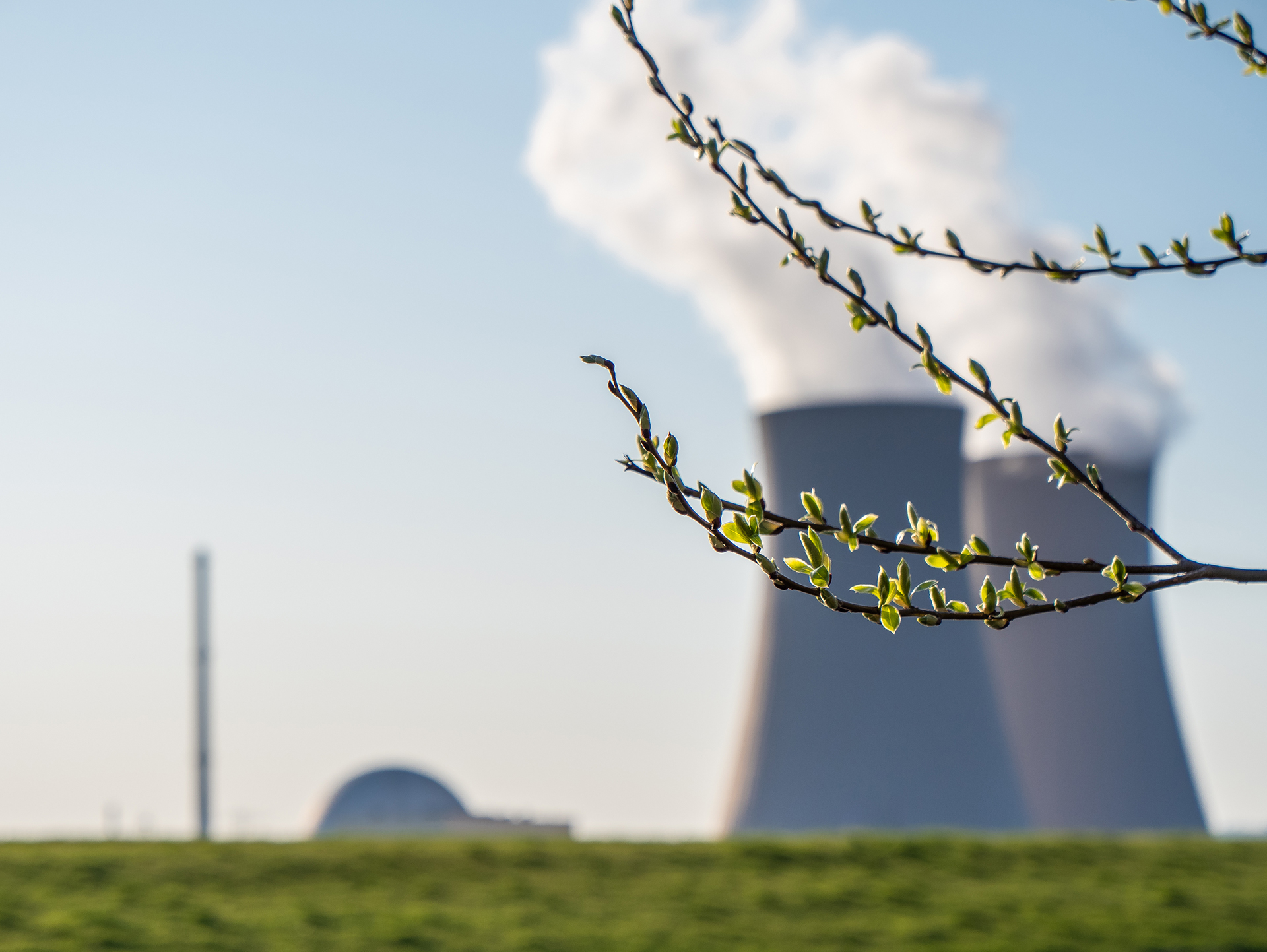
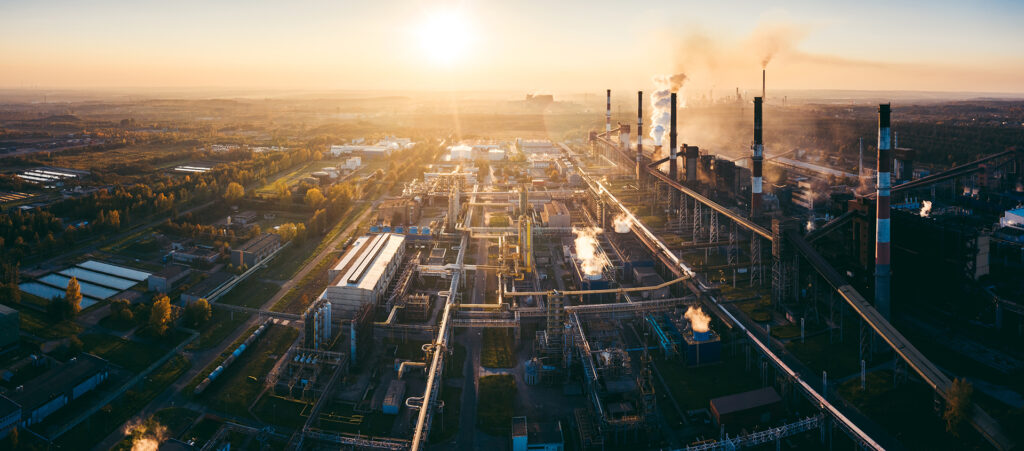
Health & Safety Approach
At Max Perlès, the health and safety of our customers, employees and partners is given top priority:
Our customers
- Protection of our business data and responsible processing of information: GDPR requirements on our website;
- Compliance with CLP regulations and provision of safety data sheets: classification, labelling and packaging of substances and mixtures.
Our staff
- Prioritization of prevention actions according to the 9 general principles of prevention;
- Regular firefighting training for all the staff;
- Awareness of safety rules (quarter of an hour security training every 3 months);
- Storage by compatibility and nature of our raw materials to limit risks related to chemical incompatibilities;
- Health monitoring by measuring exposure to Dangerous Chemical Agents (ACD) and by acoustic measurement;
- APSAD certification attesting to the quality of an anti-intrusion fire safety system with remote monitoring.
Our partners
- Implementation of on-site intervention protocols for external service companies;
- Property boundary noise measurements carried out by an external laboratory every 5 years.
Our objectives
- The reduction of the number of ACDs (Dangerous Chemical Agents) present in our coatings;
- The implementation of further preventive actions for our employees;
- To obtain a MASE certification (security standard).

Societal Approach
- Very strong integration of MAX PERLÈS in the local economic fabric, testifying to its territorial anchorage;
- Quality of life at work and talent development;
- Absence of gender discrimination;
- Ethical Rules;
- Code of conduct required from our suppliers and service providers;
- Apprenticeship policy;
- Use of all locally-provided services;
- Progressive de-materialization of our documentation;
- Use of cleaner vehicles (electric or hybrid).

